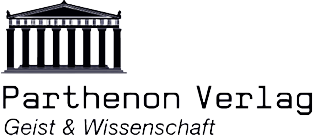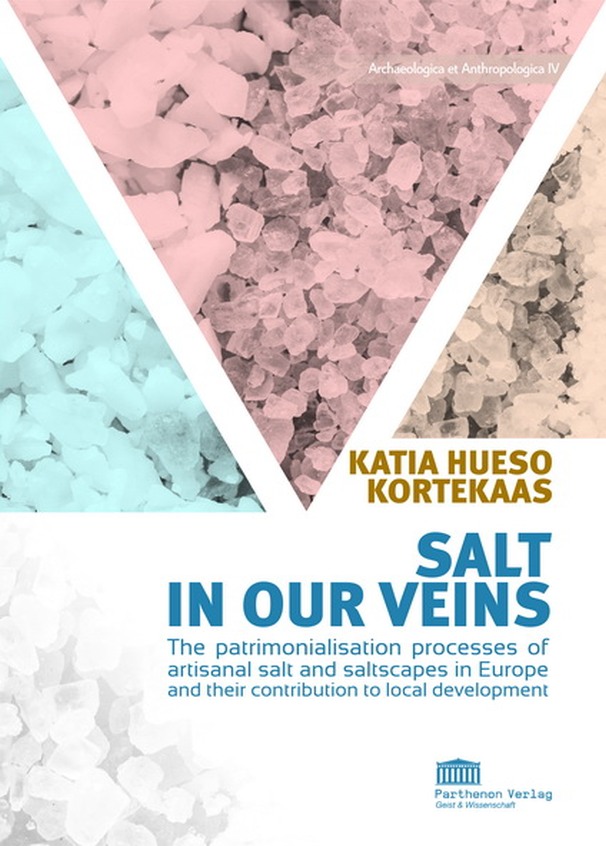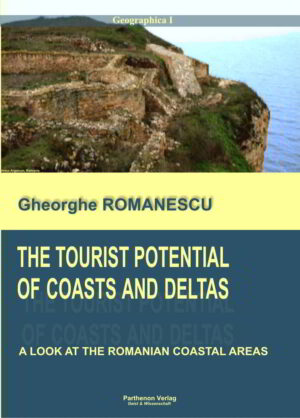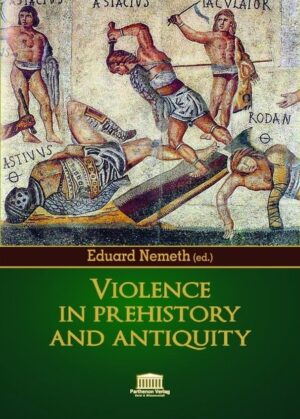Titel: Salt in our veins. The patrimonialisation processes of artisanal salt and saltscapes in Europe and their contribution to local development
Autor: Katia Hueso Kortekaas
Reihe: Archaeologica et Anthropologica IV
Format: A4 21 x 29,7 cm
349 S.
ISBN: 978-3942994-19-4
Status: Lieferbar – Inhalt
Preis: 39.80 Euro
Inhalt/Content:
Salt is a universal, daily life commodity whose origin is not usually questioned, nor is its legacy. This thesis aims to understand the processes of patrimonialization of artisanal salinas in Europe and analyzes how these can contribute to the preservation of heritage, landscape and local development in their environment. In the last century, artisanal salt making sites in Europe have suffered a progressive decline, as a result of profound socio-economic changes, that have affected productive activities in general. This has resulted in the permanent abandonment of the salt making activity in many cases. In others, however, local stakeholders have been able to spark, push forward and even consolidate a patrimonialization process based on the sustainable use of the associated heritage and landscape values, with the production of high-quality salt, ecocultural tourism activities and the provision of health services. The comparative study between twelve salinas in Europe (Guérande, in France; Sečovlje in Slovenia and Læsø saltworks in Denmark, as well as the nine Spanish inland salinas which have been protected by law as a monument at the time of writing, namely Añana, Arcos de las Salinas, Espartinas, Gerri de la Sal, Imón, Peralta de la Sal, Poza de la Sal, Rambla Salada and San Juan) has led to the development of a conceptual management model that hopefully contributes to the sustainable management of similar cultural landscapes. In the most successful cases, a multifunctional use of the resources with a diversified socioeconomic activity and enough profitability, while respecting their natural values, has been essential. These sites have therefore moved from a situation of managerial indifference or even abandonment, to a collective, highly motivated citizen-led effort to recover their heritage and natural values. In the end, they have moved from a paradigm of salt business to a heritage-based successful business model.
Autor/Author:
Katia Hueso Kortekaas graduated in Biology at Leiden University in The Netherlands and obtained her PhD on Society and Culture at the University of Barcelona. She is adjunct professor at the Department of Mechanical Engineering at ICAI/Comillas Pontifical University in Madrid. In 2002 she founded the Institute of Saltscapes and Salt Heritage (IPAISAL), an organization devoted to the research and recovery of the natural, cultural and human vales of salt landscapes and their heritage, which she still coordinates.






